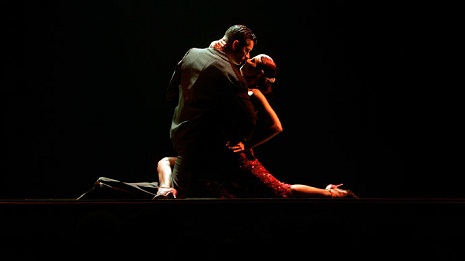Researchers were focusing on looking at changes in Parkinson’s suffers motor abilities and non-motor symptoms as they looked at patients during a 12 week tango course.
“In the study, we found the tango was helpful in significantly improving balance and functional mobility, and seemed to encourage patients to appreciate their general course of therapy,”the project’s lead, Dr. Silvia Rios Romenets, told the Science Daily publication.
The researchers of the McGill University and Montreal Neurological Institute found that not only did the dance classes help to overcome physical problems like tremors and such difficulties such as depression, but that Argentine tango also had a number of psychological benefits for those undergoing treatment.
“We also found modest benefits in terms of patients’ cognitive functions and in reducing fatigue. No significant changes were detected in overall motor functions,” Dr. Rios Romenets added.
Physical exercise is essential for those who have been diagnosed with Parkinson’s disease. However, a number of sufferers find traditional exercise programs boring, the researchers say. The study revealed that the patients became more interested in the dance routines because it combined both music and exercise.
Argentine tango requires rhythmic steps, which include both forward and backward movements. It also helps to train the brain, due to the need of those taking the classes to concentrate and remember the dance moves.
“There’s accumulating evidence that habitual physical activity is associated with a lower risk of developing PD [Parkinson’s Disease], which suggests a potential slowing of PD progression,” Romenets explained.
Parkinson’s disease is a degenerative disorder of the central nervous system. The first stages see patients suffer movement related disorders, while behavioral problems such as dementia occur in more advanced stages.
More about:
















































